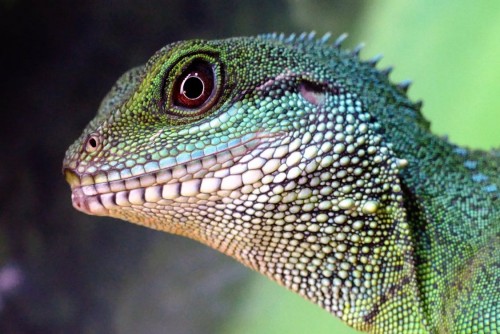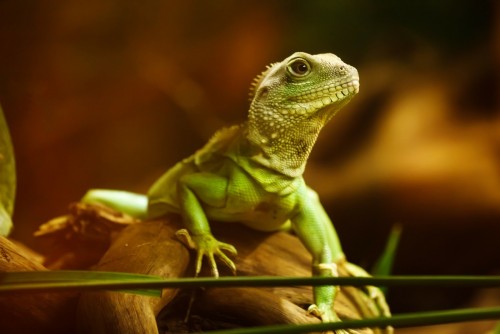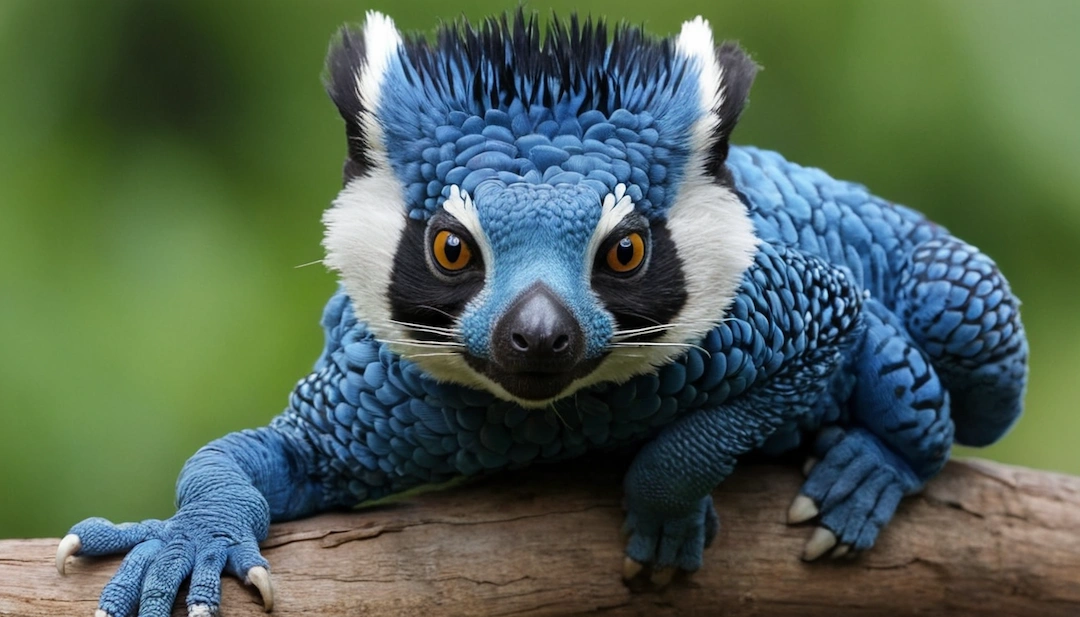
How to Care for an Exotic Pet
Send enquiry
Exotic pets bring a unique charm and excitement into our lives, but their care requirements can be quite different from those of more traditional pets. Whether you are a seasoned pet owner or new to the world of exotic animals, understanding how to properly care for your exotic pet is essential for their health and well-being.
Understanding Exotic Pets
What is an Exotic Pet?
An exotic pet is any animal that is not commonly kept as a household pet, such as dogs or cats. These can include reptiles, amphibians, birds, and small mammals like ferrets or sugar gliders.
Why Choose an Exotic Pet?
Exotic pets can be fascinating and provide a unique companionship experience. They often have distinctive behaviors, appearances, and care needs that can be incredibly rewarding for the right owner.
Preparing Your Home for an Exotic Pet
Research is Key
Before bringing an exotic pet into your home, thorough research is crucial. Understand their habitat, dietary needs, behavior, and common health issues.
Creating the Perfect Habitat
Each exotic pet requires a specific environment that mimics their natural habitat. This could mean setting up a terrarium for reptiles or providing a large aviary for birds.
Temperature and Humidity Control
Many exotic pets have strict requirements for temperature and humidity. Investing in the right equipment to monitor and maintain these conditions is vital.
Diet and Nutrition
Species-Specific Diets
Different exotic pets have varied dietary needs. For instance, reptiles might require live insects, while birds may need a mix of seeds, fruits, and vegetables.
Supplements and Vitamins
Some exotic pets need additional supplements to stay healthy. Calcium and vitamin D3 are common for reptiles, while birds might need specific vitamins to prevent deficiencies.
Hydration Needs
Ensuring your exotic pet has access to fresh water is essential. Some animals, like amphibians, may need their water changed frequently to stay clean and healthy.
Health and Veterinary Care
Finding the Right Vet
Not all veterinarians are experienced with exotic pets. Finding a vet who specializes in exotic animals is crucial for their ongoing health.
Regular Check-Ups
Just like any other pet, exotic pets require regular veterinary check-ups to catch any health issues early and ensure they are thriving.
Recognizing Signs of Illness
Learn the signs of common illnesses in your exotic pet. Changes in behavior, appetite, or physical appearance can be indicators that something is wrong.
Handling and Interaction
Building Trust
Exotic pets often need time to adjust to human interaction. Be patient and gentle when handling them to build trust.
Safe Handling Techniques
Different animals have different handling needs. Learn the correct way to handle your specific exotic pet to avoid stress or injury.
Socialization
Some exotic pets, like birds and ferrets, require regular social interaction. Ensuring they have enough stimulation and companionship is important for their mental health.
Cleaning and Maintenance
Regular Cleaning Schedule
Keeping your exotic pet’s habitat clean is essential to prevent disease. Establish a regular cleaning schedule to maintain a healthy environment.
Safe Cleaning Products
Use pet-safe cleaning products to avoid exposing your exotic pet to harmful chemicals.
Waste Management
Proper waste management is crucial, especially for pets like reptiles that can carry salmonella. Ensure you have a system in place to deal with waste safely.
Behavior and Enrichment
Understanding Natural Behaviors
Learn about the natural behaviors of your exotic pet to provide appropriate enrichment and stimulation.
Toys and Activities
Provide a variety of toys and activities to keep your exotic pet engaged. This could include climbing structures for birds or hiding spots for reptiles.
Mental Stimulation
Exotic pets need mental stimulation to stay healthy. Puzzle feeders, interactive toys, and regular playtime can help keep their minds active.
Common Challenges and Solutions
Dietary Challenges
Some exotic pets can be picky eaters. Experiment with different foods and consult your vet if your pet refuses to eat.
Health Issues
Be proactive in recognizing and addressing health issues. Early detection and treatment are key to keeping your pet healthy.
Behavioral Problems
Behavioral issues can arise from boredom or lack of proper care. Address these problems by enriching your pet’s environment and ensuring they receive adequate attention.
Legal and Ethical Considerations
Regulations and Permits
Check local regulations and obtain any necessary permits before acquiring an exotic pet. Some species are protected by law and may require special documentation.
Ethical Sourcing
Ensure you are obtaining your exotic pet from a reputable source. Avoid animals that have been captured from the wild, as this can be detrimental to wild populations and often results in stressed and unhealthy pets.
Commitment and Responsibility
Understand that caring for an exotic pet is a long-term commitment. Be prepared for the time, effort, and financial investment required.
Caring for an exotic pet can be a highly rewarding experience, but it comes with its own set of challenges and responsibilities. By thoroughly researching your pet’s needs, creating a suitable habitat, providing proper nutrition, and seeking regular veterinary care, you can ensure a happy and healthy life for your exotic companion.
Frequently Asked Questions(FAQ)
Question : What are the best exotic pets for beginners?
Question : How often should I clean my exotic pet’s habitat?
Question : What should I do if my exotic pet gets sick?
Question : Can I keep multiple exotic pets together?
Question : How can I make my exotic pet feel more at home?
Share this post
What service do you need? Petsfeet will help you

#10 Business Directory and Service Provider
Petsfeet provided free online business listing services and a new way to brand yourself on the internet. Add your business with petsfeet to reach out of millions of people by connecting with new customers.
Copyright © 2021 . Proudly powered by petsfeet.com










